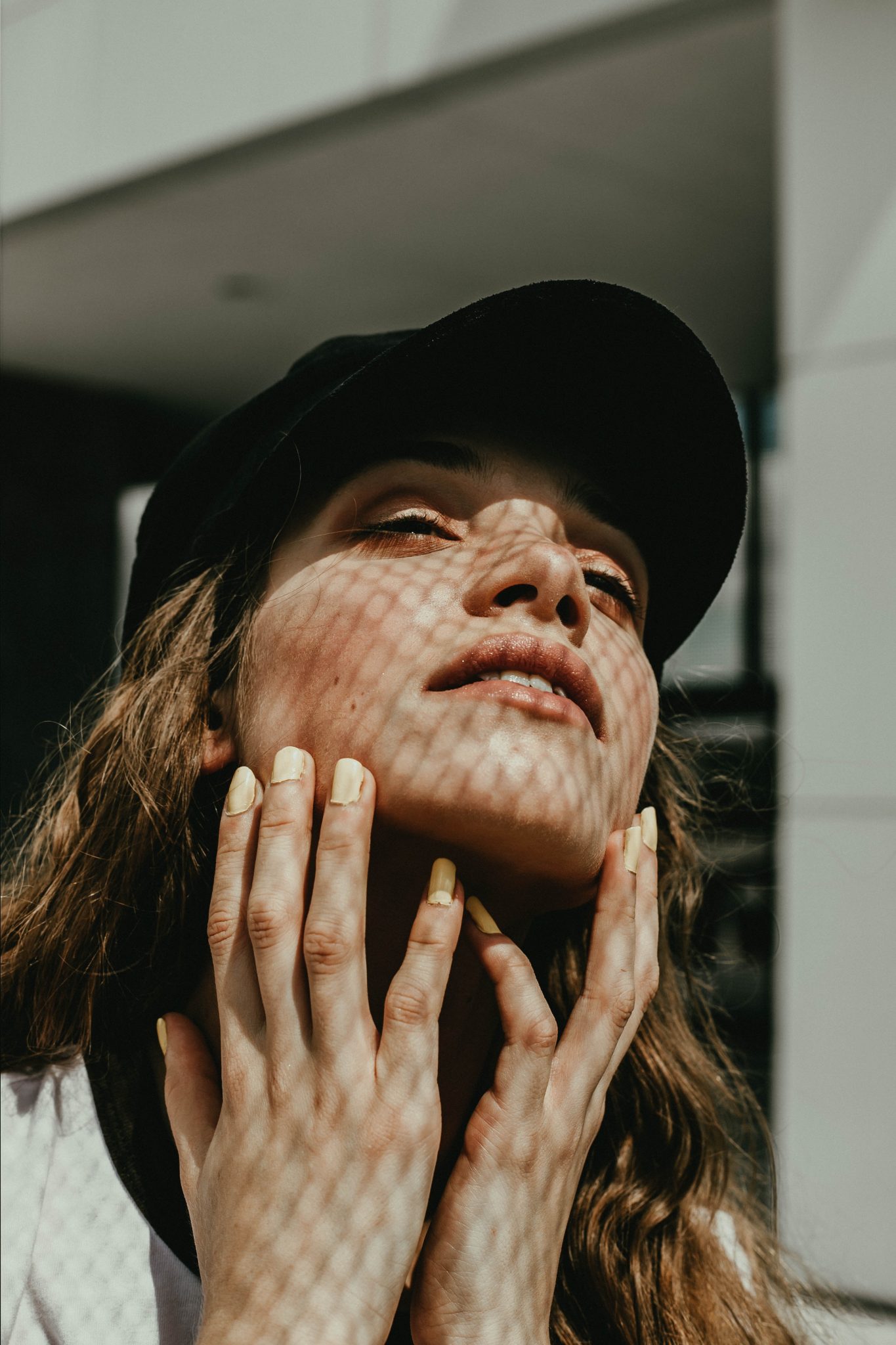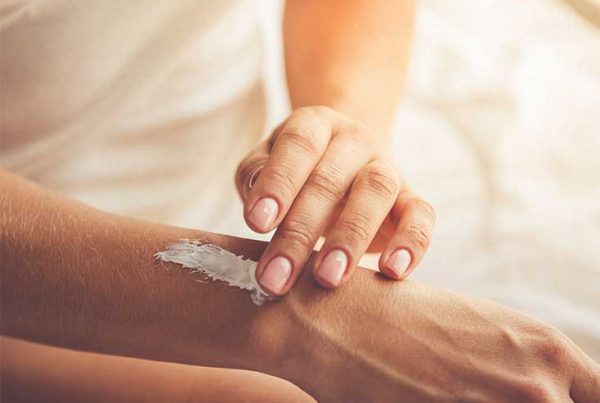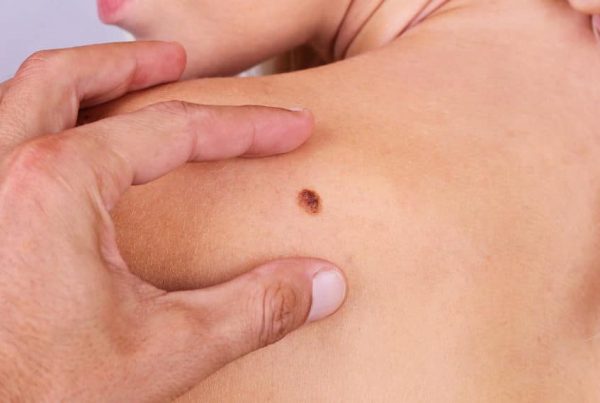
What You Need to Know About Rosacea
What is rosacea?
Rosacea is a kind of skin inflammation, almost always on the face. It is not contagious, and the cause is unknown. Rosacea is enlarged capillaries (tiny blood vessels on the surface of the skin) which give a permanent flush to the face, and can also cause yellow-headed pimples.
Some things that can trigger rosacea or make symptoms worse are:
- Overheating (especially at night)
- Stress
- Alcohol
- Hot drinks
- Spicy food
- Overexposure to sunlight
- Some moisturisers and skin care products.
Who can get rosacea?
Men and women can get rosacea. Most people are diagnosed with the condition between the ages of 30-50. The most common first sign is frequent blushing or being flushed in the face. As the capillaries enlarge over time, the redness can become permanent. Men with rosacea can sometimes have a secondary condition called rhinophyma, which causes the nose to become enlarged and red.
As people get older, the symptoms of rosacea tend to get worse. There is no permanent cure for rosacea, although there are a number of treatment options.
How do you know if you’ve got rosacea?
The symptoms of rosacea include:
- A permanent flush across the nose and cheeks
- Redness resembling sunburn that doesn’t go away
- Frequent blushing
- A burning or stinging sensation
- A rash on the face
- Mildly swollen cheeks and nose
- Enlarged visible capillaries
- Painless lumps or pimples under the skin
- red or irritated eyes or swollen eyelids.
What can you do to treat rosacea?
There is no single treatment for rosacea, and for many people treatment is focussed on managing symptoms. Some treatment options that might be prescribed by a doctor or dermatologist include:
- Antibiotic- or azelaic acid-containing gels and creams
- Antibiotic pills
- Laser treatments to reduce the appearance of visible blood vessels
- Surgery or laser therapy for enlarged noses
- Non-irritating skin care products
- Diathermy – a heat-generating device is used to treat damaged blood vessels
- Frequent use of a gentle sunscreen
- Avoiding known triggers such as alcohol, spicy food and anxiety
Sometimes people with rosacea have symptoms in their eyes, which requires specialised treatment by an ophthalmologist, and a dermatologist can help with symptoms that occur on the skin. The first step to getting checked should be to visit a trusted GP, who can help diagnose your condition, begin treatments and refer you to specialists if necessary.
Rosacea can be unsightly and uncomfortable, so it’s a great idea to get it looked at before it becomes a bigger problem. Looking after your skin is important to your health and well-being, and beginning a treatment plan can be as simple as having a chat with your GP.
Want more information?
Call (03) 5611 3365 to speak to a friendly patient concierge
or book an appointment here


